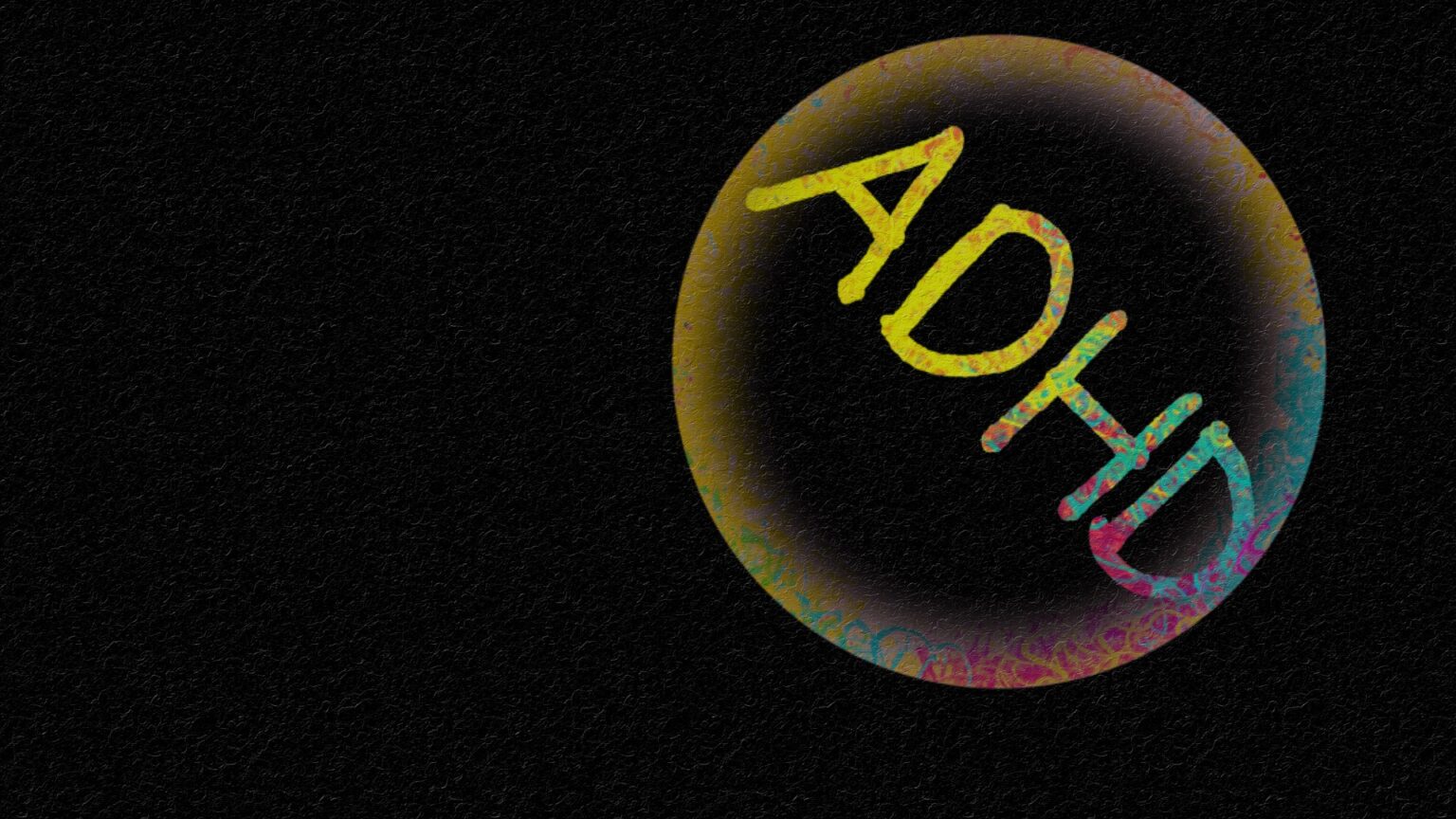October is National ADHD Awareness Month. This point on the calendar presents an opportunity to take a closer look at ADHD, or Attention Deficit Hyperactivity Disorder, and to do just that – raise the level of ADHD awareness. The more people know about this disease, the better, as while it may be a relatively new diagnosis, it’s one that affects millions of people across the United States in one way or another.
One of the ways in which we are going to engage in ADHD awareness is by trying to present accurate information to people who may have only heard about it casually. Unfortunately, there are far too many ADHD myths and misconceptions out there that do not do any favors to those who suffer from it or their loved ones. Below you’ll find some common myths associated with ADHD that our team of mental health professionals at SoCal Empowered is going to dispel. For more information regarding adult ADHD, click here.
Myth #1: ADHD Awareness Isn’t Necessary
One of the more unfortunate things that we hear from people who may not be familiar with ADHD is that it already gets enough attention. According to several experts, that’s basically the opposite of the truth, particularly when it comes to adult ADHD.
An article that was published in ADDitude Magazine, which is dedicated to ADD and ADHD awareness and issues, quotes a researcher who believes that at least 75 percent of people with adult ADHD are unaware of their condition. Obviously, that’s because not enough people are familiar with adult ADHD in particular.
Myth #2: ADHD Is a Childhood Disorder
We alluded to it above, but one of the reasons that people lack adult ADHD awareness in particular is because too many people assume that it only affects children. Studies have shown that ADHD is often a lifelong condition that needs to be diagnosed and treated as such in order to minimize additional risks.
Specifically, an organization known as CHADD, or Children and Adults with Attention-Deficit/Hyperactivity Disorder, published information that stated that, “follow-up studies of children with ADHD show that ADHD persists from childhood to adolescence in 50%–80% of cases, and into adulthood in 35%–65% of cases.”
Myth #3: ADHD Is Not That Big of a Deal
Given the myths covered above, those who could use more in the way of ADHD awareness tend to think that those who suffer from this condition just need to figure out some medication and handle it, as there really isn’t much other risk involved. This is not only a myth, but it’s also dangerous.
A study published by the National Institutes of Health revealed that people with ADHD suffer far greater risks in engaging in the following types of destructive behaviors:
- Substance abuse
- Disordered eating/obesity
- Risky sexual behavior
- General impulsivity
Any or all of these behaviors can lead to other serious mental and physical problems, so yes, people who suffer from ADHD face a serious situation that requires intervention and help.
Myth #4: ADHD and ADD Are the Same Thing
We stated in our opening that ADHD awareness is a relatively new societal development. While that may be true, medical research shows that some type of ADD or ADHD was noticed by medical professionals dating as far back as the 18th Century. It was obviously not called ADD or ADHD at that point, but that’s our point: the disease is largely the same, but the terminology used is different.
For instance, “ADD” stands for Attention Deficit Disorder, while “ADHD” stands for Attention Deficit Hyperactivity Disorder. The difference is that ADD is now basically known as one of the several types of ADHD, termed “inattentive” ADHD. Therefore, they are not the same thing, but rather these terms represent the progression of the medical world over time.
Myth #5: ADHD Sufferers Just Lack Focus
Once again, an overall lack of ADHD awareness prevents many from understanding that this a real and medical condition. Researchers have discovered that people who suffer from ADHD tend to have a deficiency in a neurotransmitter known as norepinephrine, which has always been linked with a more familiar neurotransmitter known as dopamine. When someone suffers from a deficiency in this regard, it leads to a chemical imbalance that can cause ADHD.
This biochemical problem is one that is far more complicated and tangible than someone simply lacking focus or needing more discipline and structure. This is a biological challenge that needs to be dealt with on several levels depending on the specifics of a particular situation. In fact, it’s generally known now that people who suffer from ADHD are affected in four different areas of the brain, so once again, this is not something that can simply be corrected by changing behavior.
How SoCal Empowered Can Help
Ultimately, ADHD awareness is obviously a positive thing, as it will lead to more people realizing that they or someone they love may need help. That will lead to more people getting the treatment that they need in order to learn to manage this condition. The good news is that in the majority of cases, ADHD can be managed with a proper and effective treatment approach.
However, that treatment approach is only possible if the person suffering from ADHD – or a loved one of that person – takes that all-important first step towards getting a handle on this condition. SoCal Empowered can help in this regard. We invite you to contact us at any time if you have questions or concerns. We will help you however we can, even if that means that we direct you to some type of treatment that doesn’t involve us.
The first step is always the most difficult, but also the most rewarding for those who succeed in overcoming this or any other mental health challenge. We hope that National ADHD Awareness Month leads to countless positive results, and we look forward to helping you take that important step.




